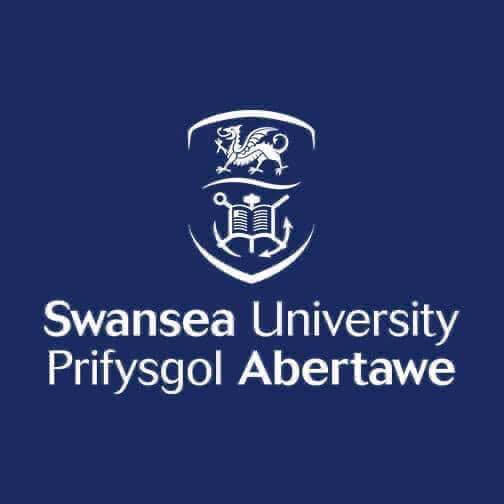fees waived
Materials Science and Engineering, MEng (Hons)
Swansea University, United Kingdom
Ranking in UK
Materials Technology
Materials Science
Materials Science and Engineering
Costs
food & rent S$16.9k / year
Entry requirements
Scholarships
Limited quantity
Limited quantity
Limited quantity
Information
Code
Code
Intakes
Website (External)
Programmes
Information
Duration
2030
Material Science and Engineering is fundamental to various engineering, science, and design fields, as all products involve materials. It examines how atomic and microscopic structures influence material properties and responses to factors like mechanical stress or environmental conditions. A degree in this area opens diverse career paths, including roles in renewable energy for solar cells and wind turbines, automotive advancements for lightweight materials, and aerospace for failure analysis and high-performance components. Graduates benefit from partnerships with over 40 companies, such as Rolls Royce and Tata Steel, which provide guest lectures, placements, and career advice. Swansea University guarantees conditional offers, subject to requirements; visit an Open Day for details.The curriculum builds foundational knowledge in chemistry, materials properties, and analysis in the first year. Year two delves into smart materials for energy and climate solutions, microstructure, manufacturing, and deformation. Year three advances topics in composites, polymers, ceramics, metals, aerospace propulsion, degradation, and includes a major research project. The MEng fourth year covers aerospace materials, entrepreneurship, environmental analysis, power systems, and simulation design. The program is accredited by the Institute of Materials, Minerals and Mining, ensuring industry recognition.
Areas studied typically include: Year one: gives students a solid grounding in chemistry and analysis along with modules in materials resources (raw materials and how we recycle products), laboratory sessions introduce you to the equipment and modules in material properties and structure introduce you to the basics of materials engineering. Year two: you will dive in deeper to the material science. You will learn about smart and functional materials used in energy generation and how they can be applied to solve challenges with global warming and climate change. Courses on microstructure evolution and control will teach you about how metals solidify and why that is important for final properties. There are practical classes looking at material failure case studies and computation labs investigating how we can be smarter in the way we design new materials and manufacturing processes. A module on Manufacturing technology details how different materials (metals, polymers, ceramics, composites) are used to make a range of components and products. Modules such as Deformation and Order and Disorder in materials will study how materials behave under stress and what this does to their internal structure. Year three: modules on composites, polymers, ceramics and metals will become more advanced and applied. A Propulsion module will focus specifically on the aerospace sector where materials are being used at their limits, and a module on Degradation will study how the environment can damage materials and what we can do to prevent it. Finally, a large Research Project will run throughout the year where you will apply your knowledge to a project that can be on anything related to materials. Students can put forward their own proposals or they can work on a proposal developed by our academic staff or our industrial partners. Year four (MEng): Aerospace Materials Engineering, Entrepreneurship for Engineers, Environmental Analysis and Legislation, Power Generation Systems, Simulation Based Product Design
A local representative of Swansea University in Singapore is available online to assist you with enquiries about this course.

